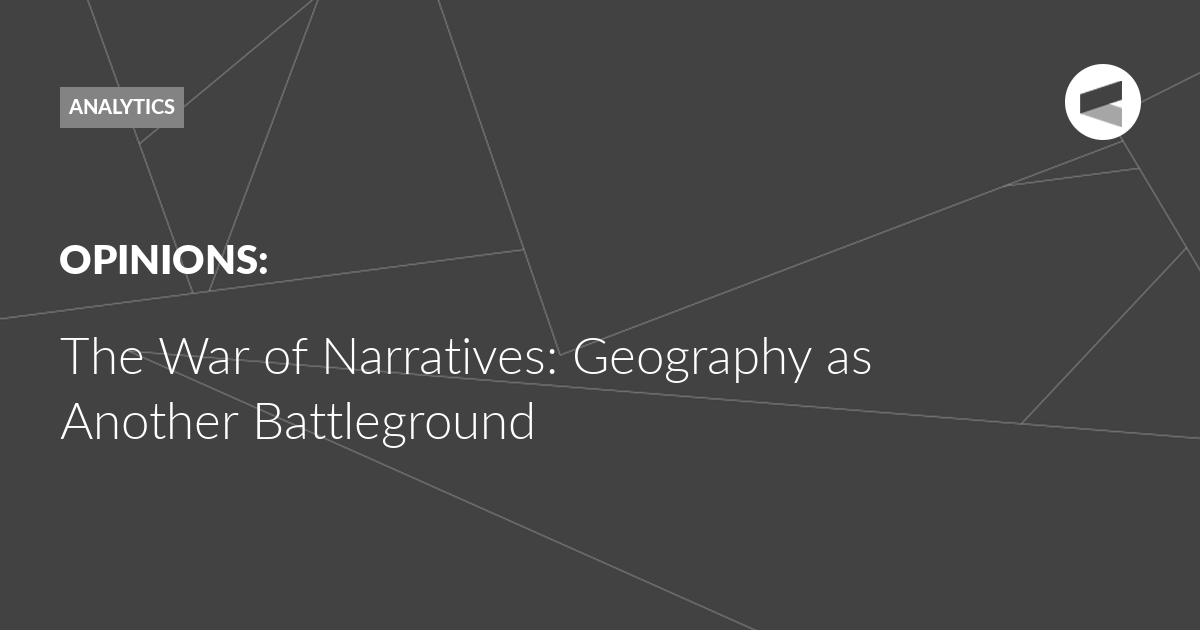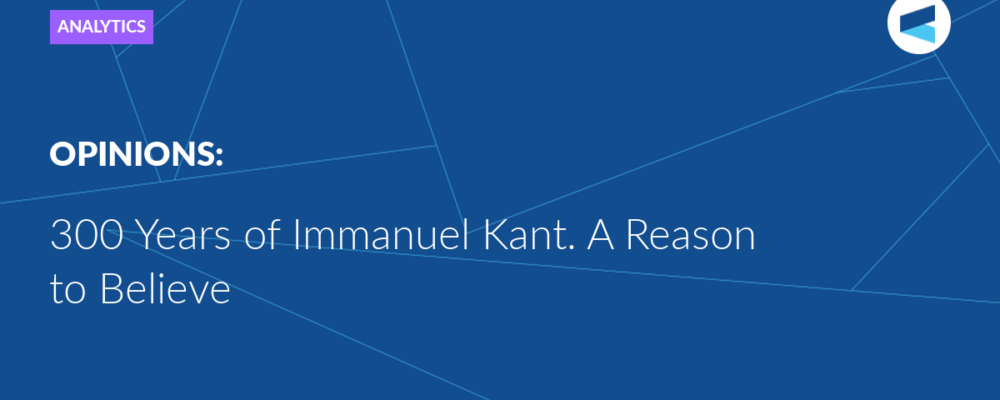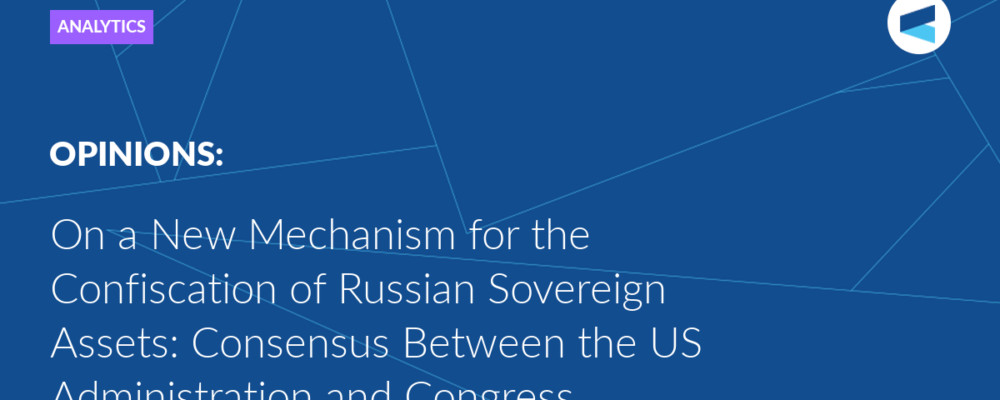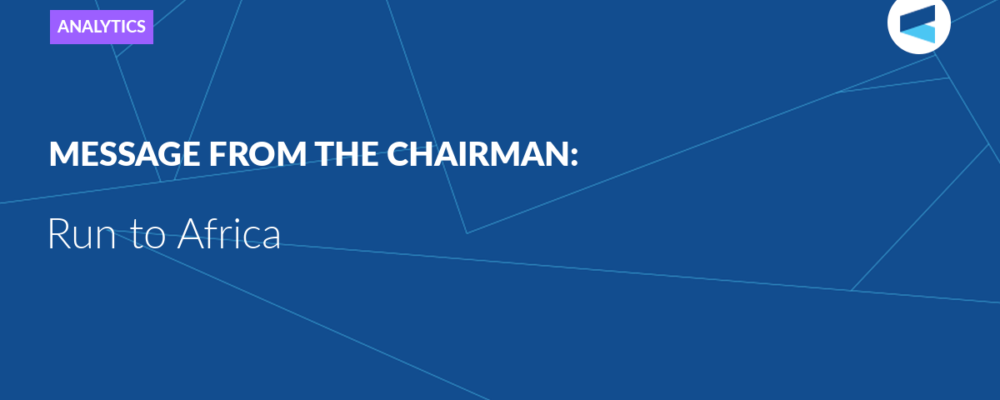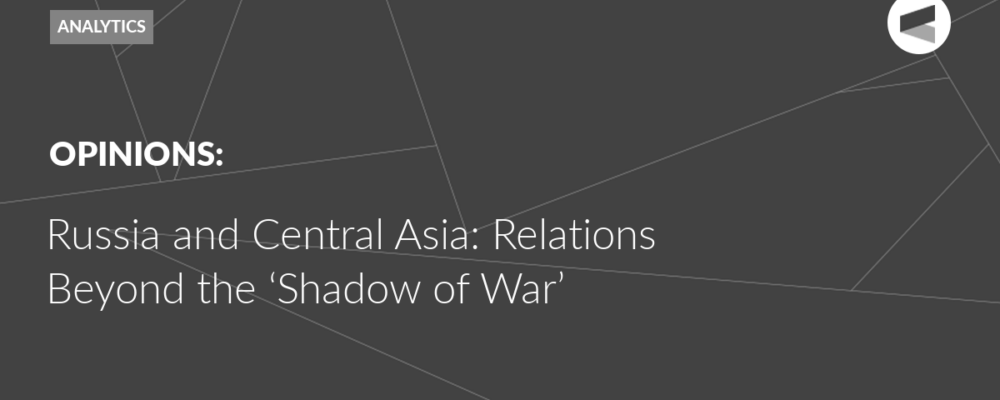If McKinley symbolizes “greatness” for Trump, Mexico embodies many of the country’s problems. Back in 2015, when announcing his first presidential campaign, Trump declared:
“When Mexico sends its people, they’re not sending their best… They’re bringing drugs. They’re bringing crime. They’re rapists. And some, I assume, are good people.”
While the idea of renaming the Gulf was first floated at Trump’s press conference on January 7, 2025, it’s likely that the president had long been bothered by the reference to a country that “sends such people” in the name of a body of water crucial to US oil wealth. The connotations of the Gulf’s “belonging” to Mexico were reflected in comments by Rep. Marjorie Taylor Greene, who introduced a bill to rename it on January 9: “It’s our gulf. The rightful name is the Gulf of America and it’s what the entire world should refer to it as.”
Whether the US will demand global recognition of the new name remains to be seen, but it seems unlikely. A diplomatic campaign to enforce “Gulf of America” would drain resources from far more pressing issues. Moreover, such efforts are usually pursued by small and mid-sized nations asserting their own narratives.
Arab states call the Persian Gulf the “Arabian Gulf,” South Korea refers to the Sea of Japan as the “East Sea,” while North Korea calls it the “Korean East Sea,” countries disputing the South China Sea promote their own names (Vietnam: “East Sea”; Philippines: “West Philippine Sea”; Indonesia: “North Natuna Sea”).
What these cases have in common is a symbolic resistance to “hegemony”. Historically, Persia, China, and Japan were regional powers that dominated their neighbours, shaping political, military, economic, and cultural spaces around them. Those seeking to “correct” names are often nations that have been subjected to hegemony – or fear it now.
Trump’s renaming of the Gulf of Mexico reflects the opposite narrative: not a challenge to hegemony, but its direct assertion – at least in the Western Hemisphere. His logic (also seen in musings about annexing Greenland, admitting Canada into the US, or reclaiming the Panama Canal) does not seek global approval. Instead, it expects the world to accept it as a fait accompli – as businesses already have. Google, Microsoft, and Apple now display “Gulf of America” for US users, while oil giants BP and Chevron, operating in the Gulf, have complied without protest.
As for those who have refused to accept the new name, the Trump administration’s reaction to the Associated Press’ stance was telling. AP, citing its role as a global news agency, stated it would continue using “Gulf of Mexico” for international audiences while acknowledging the new name domestically. In response, the White House revoked AP reporters’ access to presidential events.
The Associated Press was not the only US media outlet to resist the administration’s rebranding, but it was singled out for exemplary punishment. The likely reason? The AP’s Stylebook – the definitive guide for journalists across America and much of the world – wields unparalleled influence. More than just a manual for formatting and nomenclature, it establishes norms for “inclusive reporting” and frames discussions on race, gender, and religion. This alignment with the left-liberal agenda that the Trump White House resists made the AP a prime target.
It is in this context that Trump’s rebranding moves should be seen. Renaming in America is nothing new – what’s unprecedented is the significance of the geographical objects being renamed. In 2022 alone, 650 toponyms containing the word “squaw” (deemed offensive to Native women) were renamed. In 2020, Black Lives Matter protests led to hundreds of schools, streets, and military bases being renamed to purge Confederate or “white supremacist” references.
Such symbolic moves as renaming geographical objects always invite criticism when confronting reality. Today, soaring egg prices in the US have given rise to memes like: “Gulf of How Does This Lower Grocery Prices”.
The Valdai Discussion Club was established in 2004. It is named after Lake Valdai, which is located close to Veliky Novgorod, where the Club’s first meeting took place.
Please visit the firm link to site


